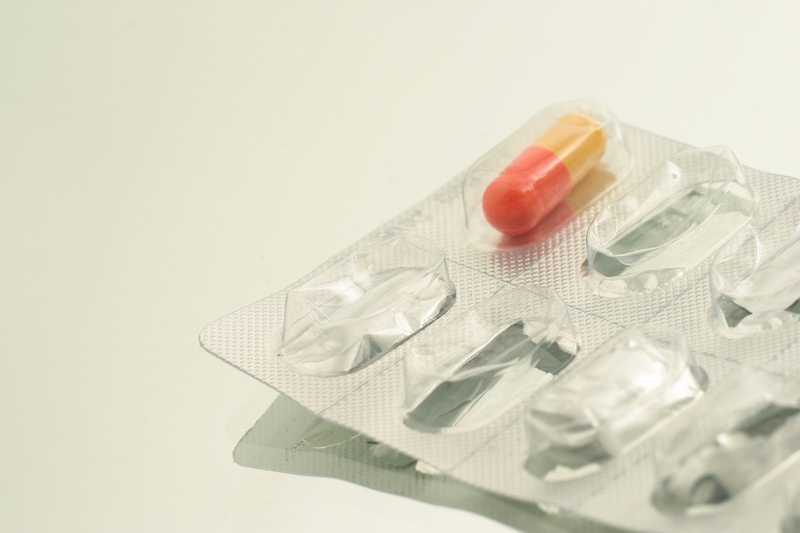
TUESDAY, Jan. 21, 2014 (HealthDay News) — Approval by the U.S. Food and Drug Administration does not necessarily mean that a medication or medical device has received a grueling trial by fire and has been proven safe beyond all doubt, according to a trio of new studies assessing the agency’s regulatory process.
The studies, published Jan. 22 in the Journal of the American Medical Association, found that the FDA:
- Does not apply the same standard of evidence to all drugs going through clinical trial, approving medications based on criteria that vary widely case by case.
- Often approves upgraded versions of existing heart devices without requiring a clinical trial.
- Regularly overlooks early problems in drug trials that later cause significant delays in the approval of new medications.
These studies came about due to a new spirit of openness at the FDA, said Dr. Steven Goodman, a Stanford professor of medicine who wrote an accompanying editorial.
The studies show an agency under tremendous pressure from all sides to get drugs to market in a quick but responsible way, he said.
“The FDA walks a tightrope, and until now we haven’t had a huge amount of information about how they’re doing that balancing act,” Goodman said. “The criteria they are using could be perfect, in that they are being flexible and allowing innovation and getting lifesaving drugs through to market. The other side is they could be making decisions too precipitously and allowing potentially dangerous medications through. It’s a difficult balancing act that requires constant monitoring.”
The first study, which involved a review of publicly available FDA documents, found a wide variation in the quality of evidence the agency uses to approve new drugs.
For example, about one-third of the approvals relied on evidence gained from a single pivotal trial, while most needed two or more pivotal trials to confirm the results, said co-author Dr. Joseph Ross, an assistant professor of medicine and public health at Yale University.
More than half the trials compared the drug under review to a placebo, but nearly one-third compared the drug to another medication. In about one approval in 10, the drug’s performance was not compared to anything else, the investigators noted.
The clinical trials also varied a great deal in their duration and size, as well as in the number of people who completed the trials and the “end points” used to judge the drugs’ effectiveness.
“The FDA does what they say they do — they treat every application differently and they apply different approval standards for each medication,” Ross said.
That flexibility may be exactly what is needed to properly test each new drug, Ross said, but it leaves doctors and patients ignorant of exactly how much evidence supported the approval of the medication they are considering.
“We’re not saying that the FDA is not thorough and not rigorous in their evaluation of these new drugs at the time of their approval,” he said. “But it should be made clearer to physicians and their patients that when a drug has been approved for use, sometimes we know a lot about it and sometimes we know less. That information needs to be made available.”
The second JAMA study found that the FDA approved most implantable cardiac devices used by physicians today — items like pacemakers and defibrillators — as changes to already-approved models and did not require collection of new clinical data.
Since the first device received approval in 1979, the FDA has approved 5,829 changes to 77 devices, an average of about 50 changes per device. Over one-third of these changes involved the devices’ design or materials, and in the majority of these cases, the FDA deemed that new clinical data were not necessary for approval.
This process allows manufacturers to easily update devices, but can cause devices with potentially life-threatening defects to reach the market, the authors said.
“Key cardiac devices recalled in recent years — such as the St. Jude Medical Riata and Medtronic Sprint Fidelis defibrillator leads — were approved” as adaptations to existing devices, senior investigator Dr. Aaron Kesselheim, an assistant professor of medicine in the division of pharmacoepidemiology and pharmacoeconomics at Brigham and Women’s Hospital, said in a hospital news release.
The third study, conducted by the FDA itself, looked into the scientific and regulatory reasons why the agency delayed or denied new medications tested between 2000 and 2012.
The researchers found that delays and denials often resulted due to problems with setting correct dosage, choosing the correct patients to include in the trial, or establishing proper end points to judge success.
These are problems that should be dealt with early on, to avoid wasted time and money, Leonard Sacks, of the FDA’s Center for Drug Evaluation and
Research, and colleagues concluded.
“Early and frequent dialogue between the FDA and drug sponsors addressing critical aspects of study design (including the selection of study populations, study end points, and drug doses) has the potential to reduce delays in the approval of new drugs,” they wrote.
More information
The U.S. Food and Drug Administration explains its drug development and approval process.
Copyright © 2026 HealthDay. All rights reserved.

